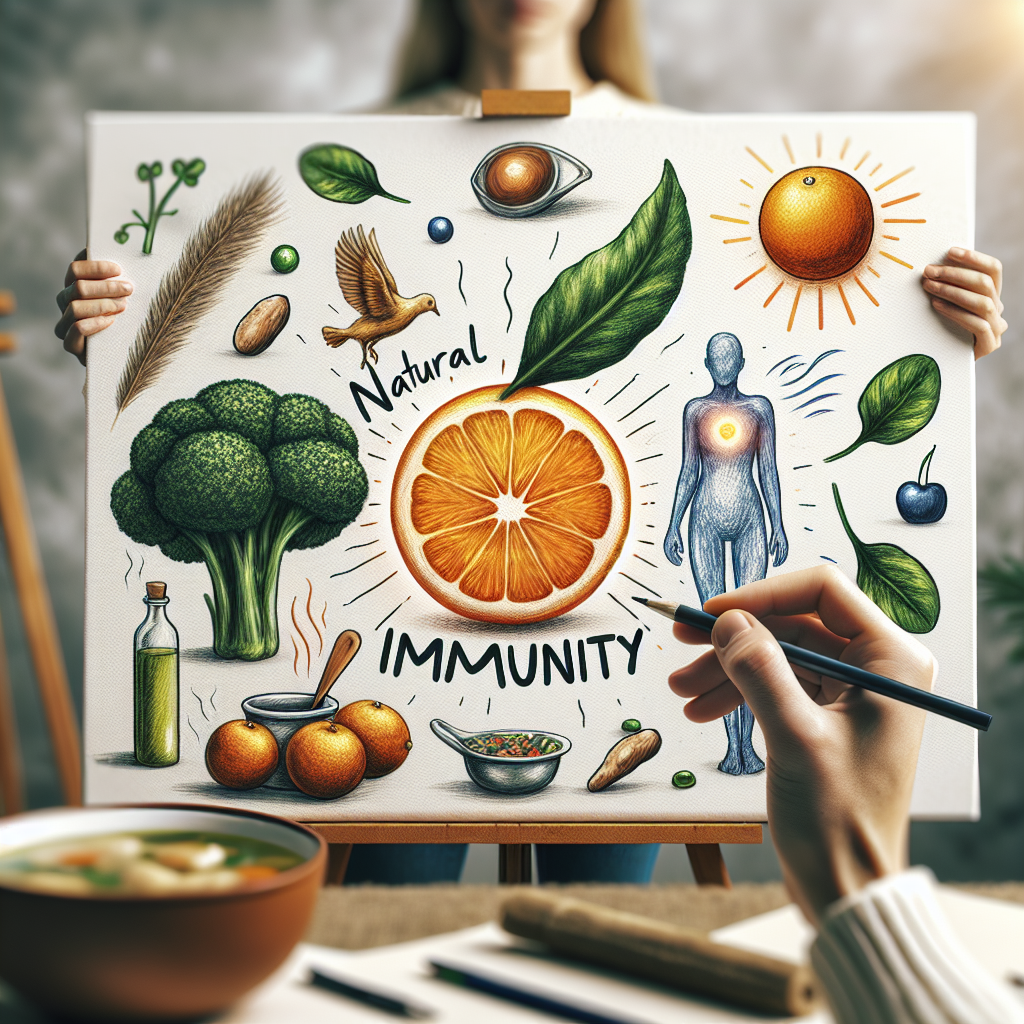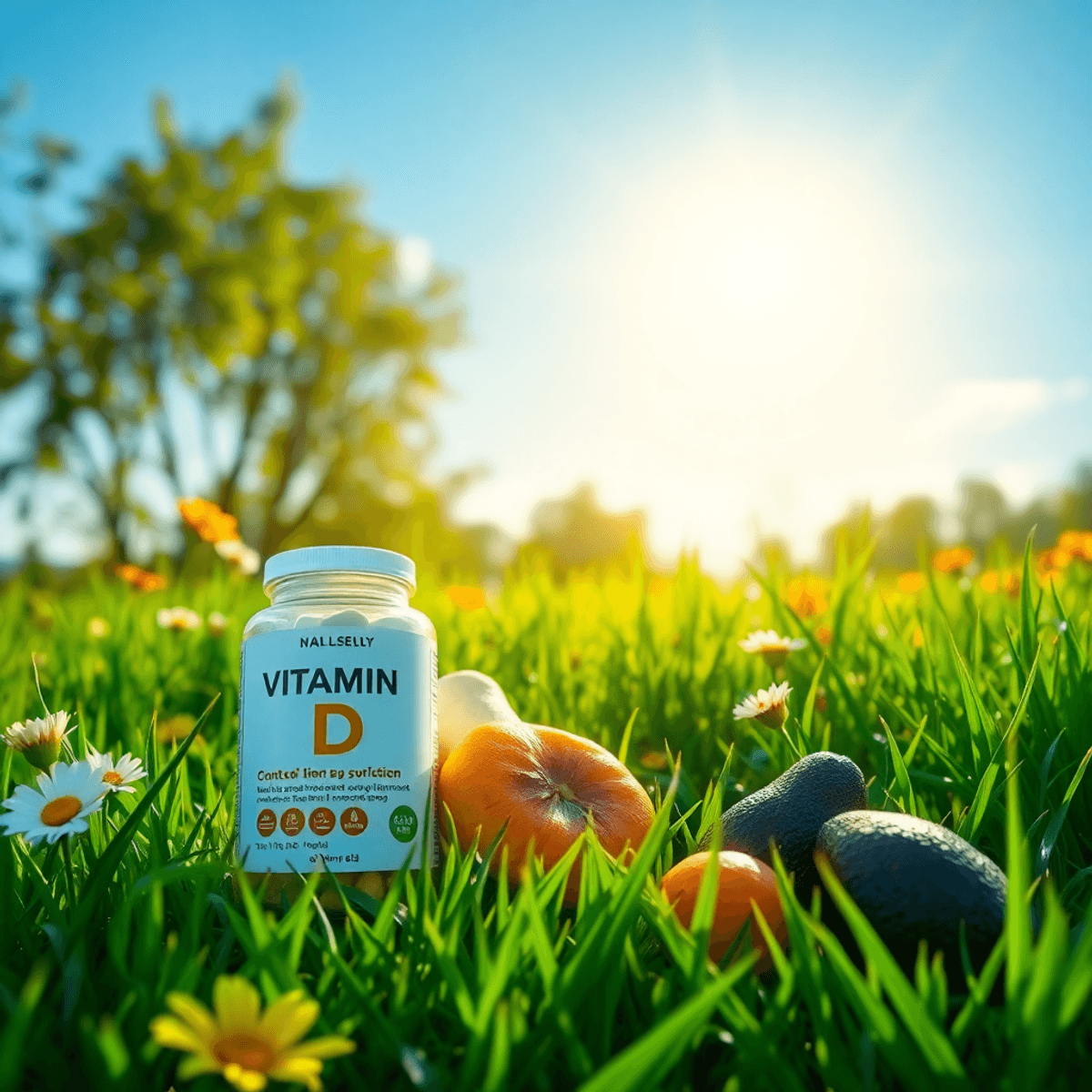The demand for organic food is growing rapidly, fueled by health-conscious consumers who are becoming increasingly aware of the quality and origins of the food they consume. With the rise in food allergies, obesity and chronic illnesses, more people are turning to organic foods as a solution. Non-organic or conventional foods, on the other hand, are linked with synthetic pesticides and fertilizers, genetic modification, and hormones. The debate between organic and non-organic food is intense and often influenced by health, environmental, ethical, and economic arguments.
One of the main differences between organic and non-organic food is the method of production. Organic foods are grown using methods that limit the use of synthetic pesticides and fertilizers, do not use genetically modified organisms (GMOs), limit the use of antibiotics and hormones in animals, and mainly rely on crop rotation, green manure, compost, and biological pest control. Meanwhile, non-organic foods are mass-produced with the help of synthetic pesticides, fertilizers, antibiotics and are often genetically modified.
Health is a significant driver of the organic food market. Multiple studies indicate organic foods often have higher nutritional value than non-organic foods. Organic crops tend to have higher levels of vitamins, minerals, and antioxidants, which are essential for a healthy body. The absence of pesticides and fertilizers in organic food makes it free from harmful chemicals, reducing risks associated with chemical consumption such as neurodevelopmental damage, birth defects, endocrine disruption, and cancer.
Contrastingly, non-organic foods commonly contain residues from pesticides and fertilizers. Consuming such food over the long term can increase the risk of health problems, including cancer and reproductive issues. Furthermore, non-organic foods can be genetically modified. GMOs have been linked to health issues such as liver dysfunction, obesity, infertility, and insulin regulation, although opinions differ about the severity of these risks.
The environment also benefits from organic farming practices. Organic farming methods are designed to be sustainable, promote biodiversity, maintain ecological balance, and conserve natural resources. It reduces pollution from chemical runoff, mitigating the impact on water quality, and fosters healthier soil through the use of organic fertilizers. Conversely, non-organic farming often involves intensive practices that can lead to soil degradation, an increase in greenhouse gases, and the diminution of biodiversity.
Nevertheless, the debate isn’t one-sided. Non-organic food production often yields more per acre, helping meet the growing demand for food globally. In economic terms, non-organic foods are usually less expensive than their organic counterparts. The lower price point is due to the efficiency of modern farming techniques and larger yields, making non-organic foods more accessible to the average consumer.
Even so, it’s worth remembering that the price of organic food reflects the true cost of sustainable food production, taking into account soil management, water conservation, and animal welfare. In that respect, consumers who choose organic food are voting for a more sustainable system that respects the environment.
When it comes to taste, the jury is still out. Some argue that organic foods taste better because the soil quality affects the end product’s flavor profile. Others disagree, contending that taste is subjective and affected more by freshness and ripeness than farming methods.
In the final analysis, the decision between organic and non-organic food is a personal one, hinging on concerns about health, environment, and cost. Regardless of one’s choice, it’s vital to maintain a balanced diet rich in fruits, vegetables, lean meats, and whole grains. Most importantly, the organic-versus-non-organic debate should continue to stir conversations about healthier consumers, better farming practices, and a sustainably fed world.
Discover more from NatureZen Market
Subscribe to get the latest posts sent to your email.











